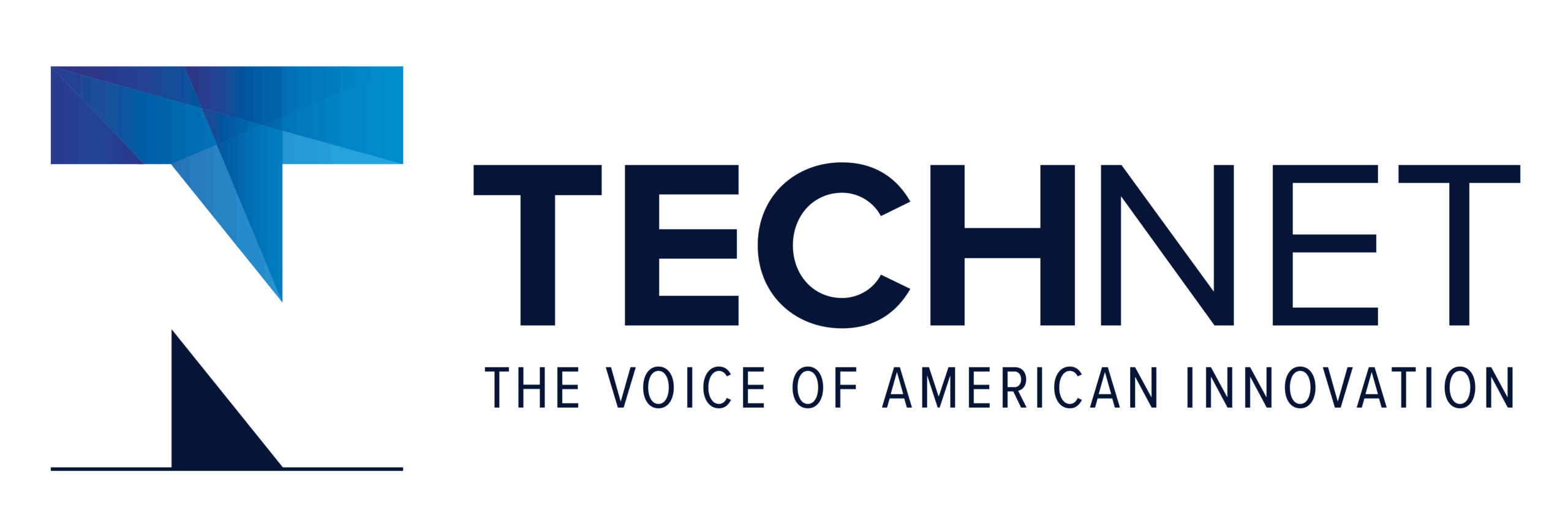A new wave of innovation is sweeping across the nation, creating new jobs and opportunities for millions of Americans.
This can be seen in places like Provo, Utah, which has a thriving startup ecosystem, including companies focused on security, on-demand services and business management software.
It can be found in Detroit, which is building an economic recovery story fueled in no small part by entrepreneurship and investment in automotive tech.
It is happening in Charleston, S.C., the home of the Silicon Harbor, which is churning out some of the fastest growing companies in America.
And it can be seen in Cleveland — a “comeback city” — where startups are breathing new life into the trucking, distribution and manufacturing businesses that are part of the city’s legacy.
This is just the tip of the iceberg. Innovation and the startup culture is of course at the heart of traditional technology hubs like Silicon Valley, Boston, Austin, New York and Seattle. But this entrepreneurial spirit is also being embraced in 25 other “Next in Tech” cities, including Nashville, Tenn., New Orleans, Madison, Wis., Richmond, Va., and Cincinnati. In fact, 48 percent of the startups that are established or growing are located outside of the 35 largest metro areas, clearly indicating that economic dynamism is spreading.
Yet, at a time when there is considerable economic uncertainty, more can and should be done to ensure that the benefits of innovation extend to more places across America.
The question is what should be done?
A recent study by TechNet and the Progressive Policy Institute found that if policymakers at the federal, state and local levels put in place pro-startup policies as part of a larger innovation agenda, we could add 1 million new jobs to the American economy every year.
Such a broader innovation agenda includes four primary pillars.
First, our nation must launch a skills initiative to ensure that our young people have the tools and experience to take advantage of the opportunities that the digital economy provides. This begins with ensuring that computer science and other STEM (science, technology, engineering and math) subjects are taught in every school in America. It also includes technology training programs for those in high school and community college, as well as retraining programs for those workers who want to transition into tech mid-career.
Second, we must support startups and entrepreneurship. Why? Because startups have the unique ability to grow from 1-2 jobs to 500 or 1,000 or 10,000 jobs or more. The fact is that high-growth startups create jobs faster than traditional companies, and many of those jobs pay well above median wages. According to Census Bureau data, firms in their first five years of life in 2014 created 2.2 million jobs, even after netting out failures and closures. By comparison, firms older than five years created only 450,000 jobs. So, startups created jobs at more than five times the rate of traditional companies. It’s clear that if we want to create more good-paying jobs across the country, we have to do all we can to nurture these companies.
We must ensure that leaders at the federal, state and local level reduce the regulatory burden on these young companies. We must also ensure that they have access to capital through crowdfunding, access to overseas markets and access to engineering talent. That includes high-skilled immigration reform. Immigrants or the children of immigrants have started more than 40 percent of Fortune 500 companies. These companies employ more than 10 million people. It is imperative that we do more as a nation to ensure that entrepreneurs are welcome to create jobs in America.
Third, our leaders in Washington must find a way to pass meaningful tax reform. The fact is that there is a window of opportunity now to tackle this challenge. There’s no question tax reform is difficult. But right now there is upwards of $3 trillion of overseas earnings that could be invested here at home to put more Americans to work. This is an opportunity that cannot be squandered.
Over the past two decades, the iconic companies and dynamic startups that form the innovation economy have driven a digital transformation that has changed companies, communications and commerce. Technology used to be an industry, but now it’s the underpinning of every industry.
Across the nation, entrepreneurs are finding ways to create jobs and opportunities for workers in their communities. Our leaders in Washington must do the same and create more opportunities for more Americans by approving an innovation agenda.
Linda Moore is the president and CEO of TechNet, which held its annual Washington fly-in – TechNet Day – on April 27.
